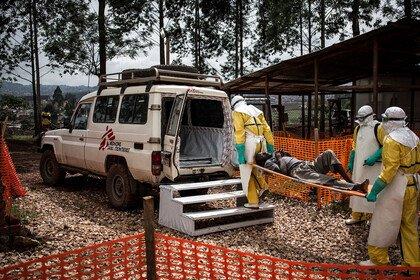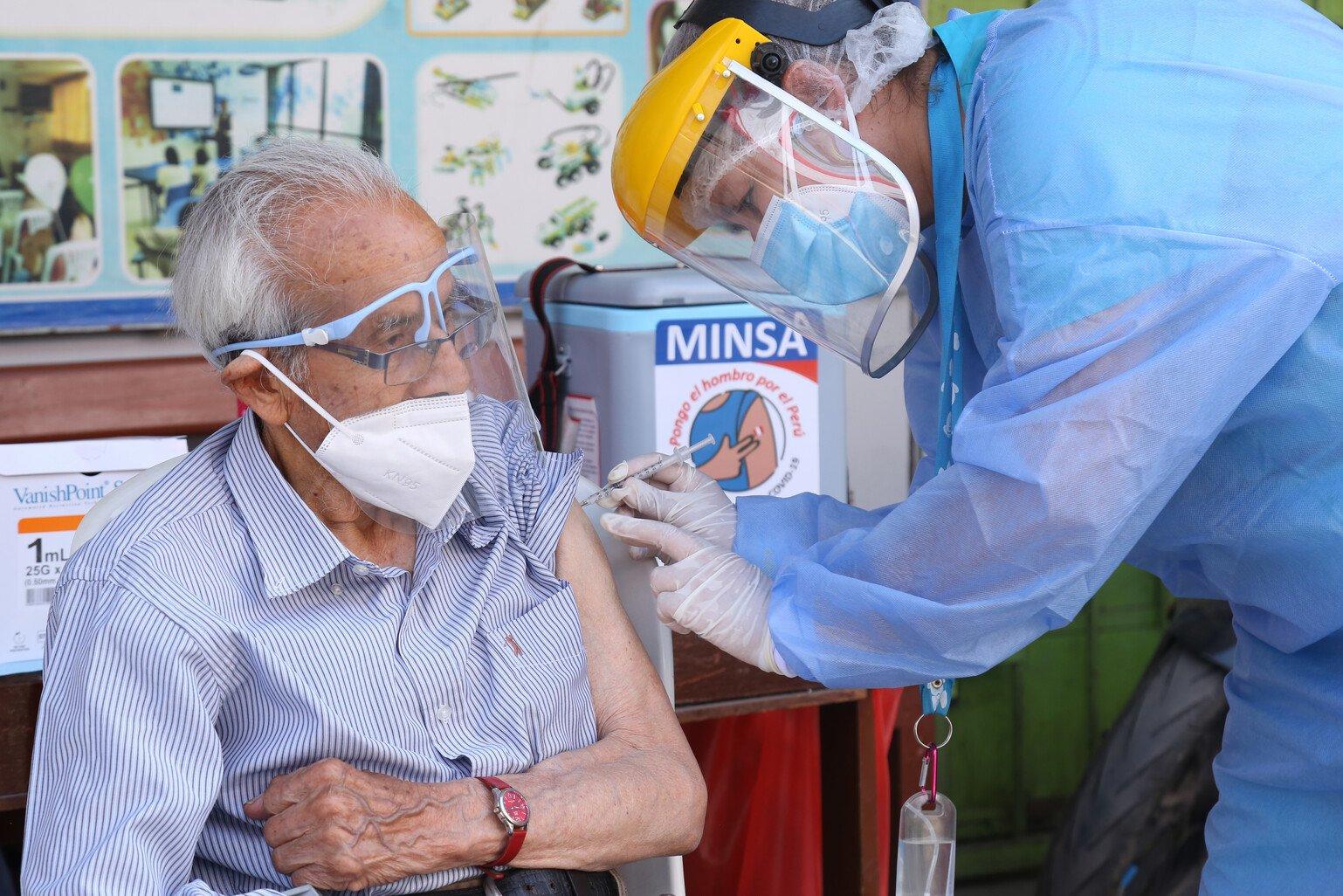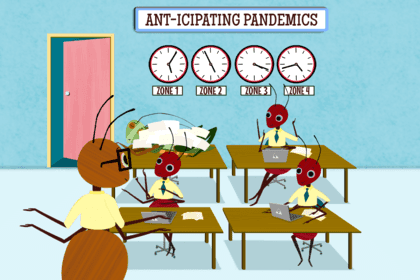
What can we learn from the response to Ebola
Why we need to prioritise community engagement, filling research gaps and investing in infrastructure
Wellcome and the Bill & Melinda Gates Foundation have both pledged $150 million each to the Coalition for Epidemic Preparedness Innovations (CEPI) to help end the Covid-19 pandemic and prevent another major outbreak.

Vilca / UNICEF
To end the Covid-19 pandemic we need to be one step ahead of its variants. This means improving existing vaccines and making them easily accessible to everyone that needs them.
The threat of another major pandemic also remains high. Since 1980, the number of disease outbreaks has more than tripled.
That’s why Wellcome and the Bill & Melinda Gates Foundation are committing a further $150 million each to help protect lives against emerging infectious diseases.
The funding commitment comes ahead of a global conference in March 2022 where CEPI is seeking $3.5 billion to support its ongoing work.
Historically, investment to prevent epidemics has followed cycles of 'panic and neglect'.
Vital tools, vaccines and treatments rarely get developed when there are few cases of an infectious disease. Yet when there is a crisis, the world is left to scramble to find solutions. People die as a result, and outbreaks become epidemics or even pandemics.

Why we need to prioritise community engagement, filling research gaps and investing in infrastructure
Wellcome founded CEPI in 2017 with partners from Norway, Germany, Japan, India and the Bill & Melinda Gates Foundation to address this. By working in a coalition with vaccine developers, manufacturers, governments, philanthropies, civil society, and global health, CEPI can find solutions to some of the world’s most dangerous diseases when the market cannot.
So far it has invested in:
At the heart of its work, CEPI makes sure the tools it creates are accessible to everyone who needs them, wherever they are. By focusing on the needs of low- and middle-income countries throughout its vaccine development approaches, it can address issues like supply and thermostability early on.
Ultimately, it aims to develop lifesaving vaccines against any new, unknown disease within 100 days of the pathogen being sequenced.
Covid-19, Ebola and SARS are just a few recent examples of deadly outbreaks that have escalated. There are many more examples throughout history.
Various, including BBC News, Centers for Disease Control and Prevention, Joint United Nations Programme on HIV/AIDS, National Center for Biotechnology Information, New World Encyclopedia, Nigeria Centre for Disease Control, The British Medical Journal, The Free Press Journal, The Lancet, World Health Organization.
Notes: Outbreaks have been included if they meet the following criteria: resulted in more than 100 deaths; geographically widespread, ie a pandemic or a major epidemic within a country. It has not been possible to show all outbreaks that meet the criteria as not all death tolls could be confirmed, e.g. for the sixth and seventh cholera pandemics. For the purposes of this visualisation, all HIV/AIDS cases since 1981 have been considered as part of one sustained epidemic. Data as of 25 August 2021.
Habitat destruction, the climate crisis, intensive farming and international travel all mean that when a new disease emerges its likely to spread across the world faster than ever before.
The only way to ensure there are tools to stop an outbreak from becoming a major pandemic is by continuing to fund research and development at scale.
This will only happen if world leaders learn lessons from previous crises.
Pressing play on the video above will set a third-party cookie. Please read our cookie policy for more information.
This is Ava. Year after year, disease had taken its toll on these communities. Ava was determined to be more prepared and learn from what had come before. So she developed her master plan.
First things first, they needed some money. Ava explained that to research and produce the tools they needed to beat the next disease, funding was required. Lots of it.
Without funding there could be no research, and without research, there'd be no vaccines to protect vulnerable insects.
CEPI recently launched its $3.5 billion, five-year plan to dramatically reduce the risks of pandemics and epidemics.
“Our new commitment of $150m recognises the enormous potential CEPI has to protect lives against emerging infectious diseases. The effects of Covid-19 have been sobering.
“We urge leaders to provide their support and ensure CEPI reaches their funding target. It is in the world’s collective interest if we are to avoid repeating mistakes and help future generations to prevent epidemics.”

Jeremy Farrar
Director (2013-2023)
Wellcome

